
Stimulus, HBCU Funding & Black Woman on Fed Board Possible: Feb. 18 Joint Center Roundup
Biden Administration
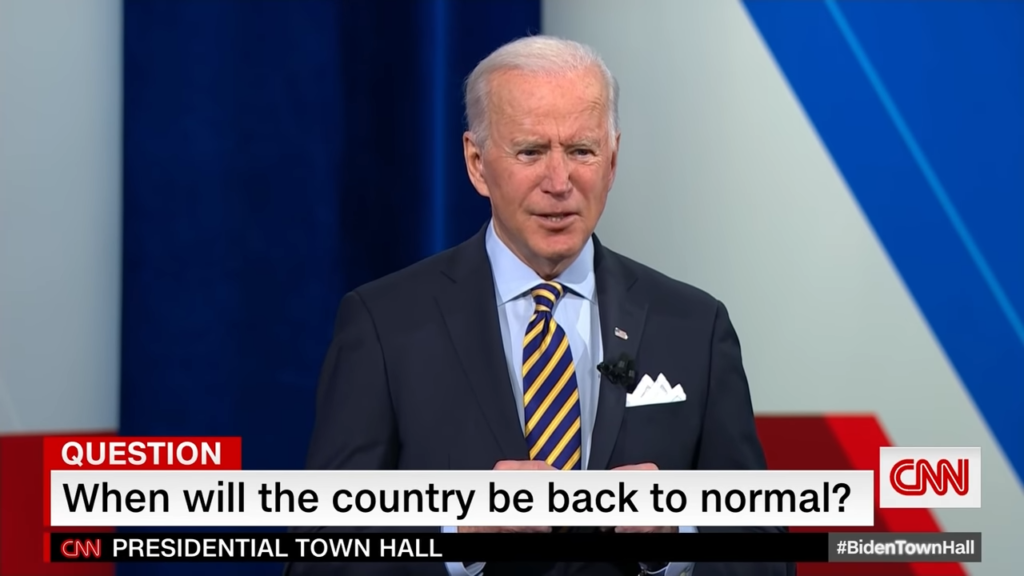
Biden talks equitable COVID-19 recovery in stumping for stimulus: At a CNN town hall, President Biden talked about his plan to address the challenges and solutions to ensure vaccine distribution is equitable. Solutions include ensuring more communities have facilities with vaccines and spending $1 billion on public education to help people get online to register to get a vaccine.
Civil rights leaders want targeted relief for Black businesses in relief package: The National Urban League, U.S. Black Chambers, and other organizations are demanding President Biden to exclusively allocate funds from the $1.9 trillion stimulus bill for Black small businesses.
Minimum wage increase in stimulus: President Biden said he’s willing to negotiate on gradually increasing the minimum wage to $15 per hour over a longer period of time rather than increasing it to $15 per hour in five years (his current proposed plan). The Congressional Budget Office recently released a report stating that raising the minimum wage to $15 per hour would cost 1.4 million jobs and increase the deficit by $54 billion over 10 years, while also lifting 900,000 people out of poverty and raising the incomes of 17 million people.
Black people support canceling student debt: In the town hall earlier this week, President Biden also said he was unwilling to forgive more than $10,000 in student loan debt. In a recent poll, Color of Change found that 84 percent of Black respondents support a full or partial cancellation of student loan debt.
The Hill
Will Biden support a commission to study reparations? H.R. 40, legislation which would establish a commission of experts to study and develop reparation proposals, is gaining traction again with a Democratic-led House and Senate. While President Biden previously supported the idea of a reparations study, he has yet to fully endorse the legislation. White House Press Secretary Jen Psaki said The White House will “certainly support a study, but we’ll see what happens through the legislative process.”
Ossoff presses Biden budget nominee on HBCU funding: Senator Jon Ossoff (D-GA) follows his campaign pledge to help increase funding for HBCUs during Neera Tanden’s confirmation hearing to lead the Office of Management and Budget on Tuesday. During the confirmation hearing, Senator Ossoff questions her commitment to equitable representation of HBCUs in future budget requests from the Biden Administration.
First-term Members explain their plan to prioritize racial justice: Eight newly-elected progressive Members of Congress introduce proposals to address racial disparities in several key areas including education, banking, and voting, urging the Biden Administration to push forward bold policies that prioritize racial justice.
Congressman Thompson files lawsuit against Trump for Jan. 6 insurrection: Congressman Bennie Thompson (D-MS) recounts how he “feared for his life and worried that he might never see his family again,” during the January 6 attack on the Capitol. The lawsuit details Trump’s personal responsibility in coordinating a delayed certification of the election results after the 2020 presidential election.
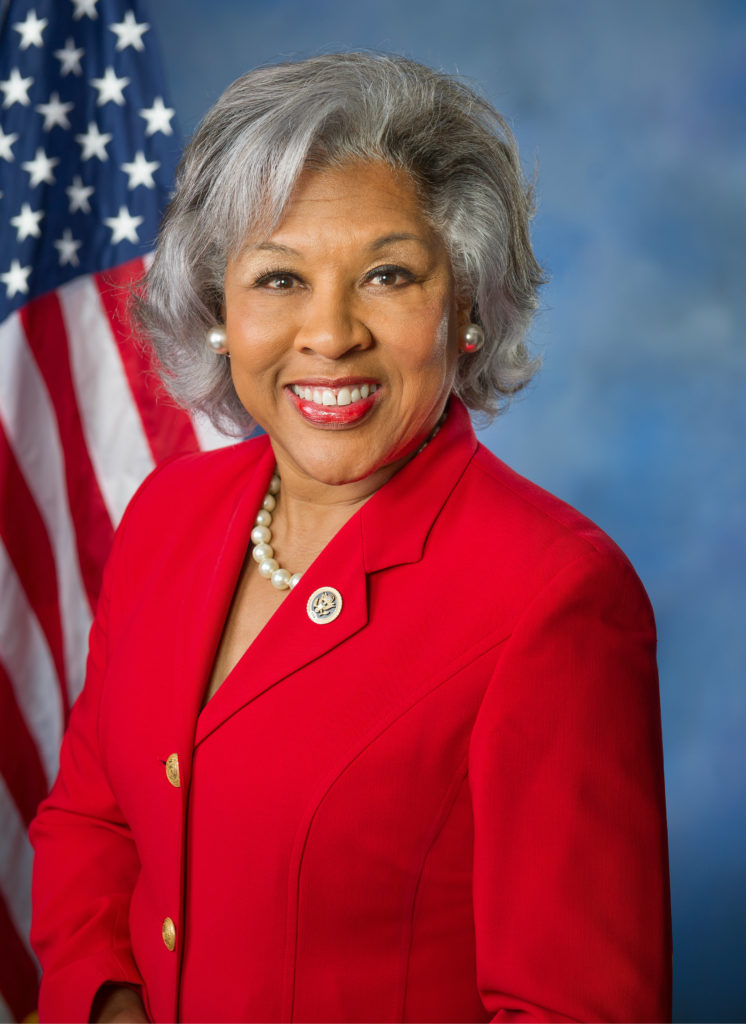
Congressional Black Caucus Chair Joyce Beatty won’t run for U.S. Senate: CBC Chair Joyce Beatty (D-OH) discusses the impact she will have as a Congresswoman and Chair of the Congressional Black Caucus, and promises to make sure the next U.S. Senator from Ohio shares her commitment to “Ohio families, small businesses, women and communities of color.”
Black farmers get some clout: Three Black legislators from Georgia with personal ties to farming are shaping U.S. agricultural policy on issues ranging from the plight of Black farmers to food insecurity. Congressman David Scott is the first Black chair of the House Agriculture Committee. Congressman Sanford Bishop chairs the House Appropriations Subcommittee on Agriculture, and Senator Raphael Warnock joins the Senate Agriculture Committee.
GOP freshmen of color look to join caucuses of color: GOP lawmakers may join caucuses dominated by Democrats such as the CBC and the Congressional Asian Pacific American Caucus, arguing the importance of including “broader dialogue” within the caucuses.
CBS video profile of CBC: In a nearly 4-minute video profile, CBS recognizes the powerful influence of the Congressional Black Caucus over the past 50 years on Capitol Hill.
Appointments
Lisa Cook may be the first Black woman to serve on the Federal Reserve Board of Governors: President Biden may pick Michigan State University Professor of Economics Lisa Cook to fill a vacancy on the Federal Reserve Board of Governors. If confirmed, she would be the first Black woman to serve on the Fed’s Board that oversees operations of 12 regional banks, reports Business Insider. Dr. Cook talked about economic policy with Color of Change President Rashad Robinson at the Joint Center’s Future of Black Communities conference in December.
Black Woman on the Supreme Court: USA Today analyzes the landscape of Black women judges after President Biden made promises during his campaign to name a Black woman to the Supreme Court.
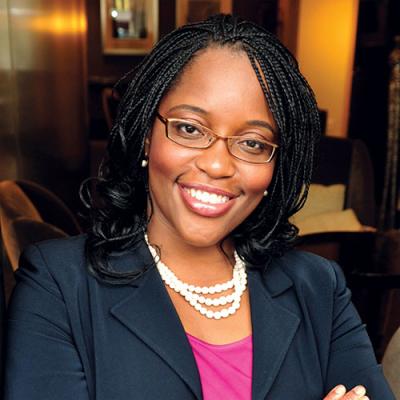
Biden appoints Michelle Asha Cooper as Deputy Assistant Secretary in the Office of Postsecondary Education in the Department of Education. Dr. Asha Cooper has more than 20 years of experience in postsecondary education. She has held key roles and leadership positions at the Institute for Higher Education Policy, Advisory Committee on Student Financial Assistance (U.S. Department of Education), Council for Independent Colleges, Association of American Colleges & Universities, and King’s College (Wilkes-Barre, PA).

Biden appoints Dr. Chauncey T. Alexander as a Special Assistant in the Office of Communications and Outreach at the Department of Education. Dr. Chauncey Alexander has served in many roles including digital engagement manager for President Biden’s inauguration, editorial writer on the Biden-Harris campaign, and the digital engagement coordinator for the Democratic National Convention.
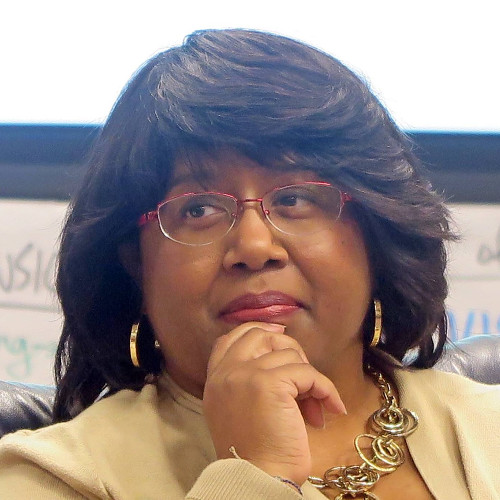
Biden appoints Donna Harris-Aikens as a Senior Advisor for Policy and Planning at the Department of Education. Donna Harris-Aikens served as a member of the Education Agency Review Team for the Biden-Harris Transition and was a member of the Democratic National Convention Committee Platform Committee. She served as Senior Director for Education Policy and Practice at the National Education Association (NEA). Prior to joining NEA, Harris-Aikens served in leadership roles for the Service Employees International Union and Advance CTE and was an attorney in an education boutique law firm.
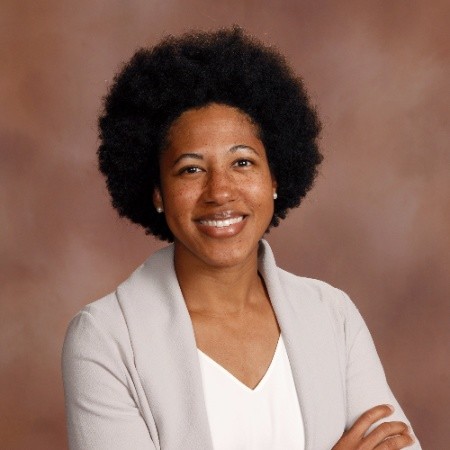
Biden appoints Joanna Darcus as a Senior Counsel at the Department of Education. Joanna Darcus was most recently a staff attorney at the National Consumer Law Center where she did consumer protection litigation and was a member of the Student Loan Borrower Assistance Project, focusing on higher education finance issues facing low-income people and communities of color. Prior to that, Joanna was a supervising attorney at Community Legal Services of Philadelphia where she represented hundreds of low-income consumers sued by debt collectors or struggling with student loans.

Biden appoints William Desmond as a Senior Counsel at the Department of Education. William Desmond served as an attorney in the Office of the General Counsel for the Biden-Harris Transition. Prior to that, he worked as a senior associate in the Washington, D.C. office of WilmerHale.
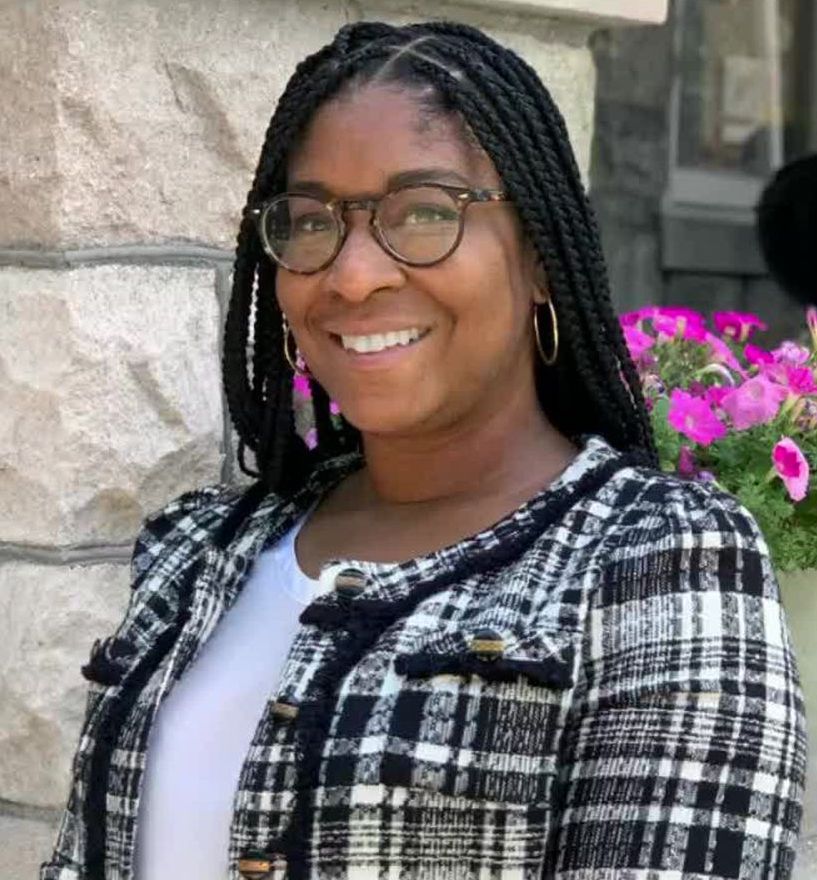
Biden appoints Jasmine Bolton as a Senior Counsel in the Office for Civil Rights at the Department of Education. Prior to joining the Biden-Harris administration, Jasmine Bolton was a senior staff attorney at the Bail Project, where she helped coordinate the expansion into new jurisdictions in the South. Before that, Bolton was a policy analyst for the Warren for President campaign, where she focused on a broad range of interrelated topics such as criminal justice reform, K-12 education, and rural communities. Prior to that, she worked as a Legal Fellow at the Southern Poverty Law Center, where she focused on educational equity, combating the school-to-prison pipeline, and improving youth access to mental health services.
Economic Policy
Unemployment dips slightly: Initial unemployment claims totaled 793,000 for the week ending February 6, still higher than the pre-pandemic record high of 695,000 set in 1982.
Jobs disappear for Black women: Job losses have hit Black women hardest, with 973,000 fewer Black women employed in January 2021 than in February 2020, a 9.5 percent decrease since the pandemic began. Department of Labor Chief Economist Janelle Jones argues that “centering relief and recovery policies around the needs of Black women and other vulnerable workers will ensure an inclusive economy for everyone.”
Another minimum wage to raise: The minimum wage of $2.13 for tipped workers—itself a legacy of slavery—has hurt Black workers, argues the director of the National Black Worker Center Project. Since the pandemic, 88 percent of Black workers have seen their tips plunge by at least half.
What economics pipeline? Economics curricula, a lack of diverse perspectives, and poor recruitment strategies contribute to the leaky pipeline to academia for Black economists. According to economists Rhonda Sharpe and Gregory Price, “across 127 economics departments, the number of Black economists hired, 47, didn’t change from 1996 to 2015.”
Clyburn committee scrutinizes small business loan fraud: Three companies have come under scrutiny by the House coronavirus subcommittee, chaired by Congressman Jim Clyburn (D-SC), for failing to adequately monitor fraud in applications for the Small Business Administration’s Economic Injury Disaster Loan program.
PPP fine print hurt small businesses: Small business owners of color were hurt by a clause in the Paycheck Protection Program (PPP) that barred those who were delinquent or had defaulted on federal loans, including student loans, from receiving PPP funds, the Center for Responsible Lending finds.
Three antiracist steps to recovery: Hoping to avoid the same mistakes of the Great Recession that stifled economic recovery for Black Americans, the Center on Budget and Policy Priorities urges Congress to adopt three antiracist principles to help all Americans recover from COVID-19: target aid to those most in need, address structural inequities, and protect state finances.
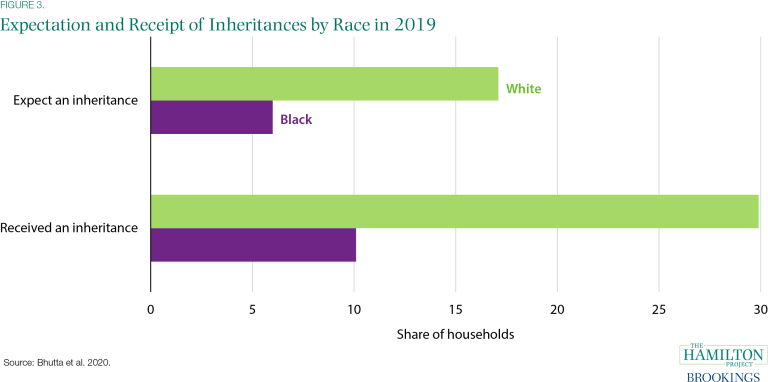
Handing it down: The Brookings Institution examines how the tax treatment and inequality of inheritances contribute to the Black-white wealth gap. In 2019, 30 percent of white households received an average inheritance of nearly $200,000. That same year only 10 percent of Black households inherited money, and only $100,000 on average.
The deserving poor: The roots of work requirements in safety net programs date back to slavery, a new report by the Center for the Study of Social Policy finds.
CDFIs provide small business lifelines: Community development financial institutions (CDFIs) helped minority-owned businesses get Paycheck Protection Program loans after large banks stopped issuing new loans, NBC News finds.
Seeding Black entrepreneurs: Citing entrepreneurship as a key to closing America’s racial wealth gap, artist and producer Pharrell Williams launches two competitions—the Black Ambition Prize and the Black Ambition HBCU Prize. The former provides funding and mentorship to Black and Latina/o founders of early-stage companies, and the HBCU prize supports HBCU students with concepts in development. Black and Latina/o people compose 30 percent of the U.S. population but only 20 percent of the nation’s entrepreneurs.
Tech Policy

Overscreening Black applicants: An analysis of financial aid audits finds that students in Black-majority ZIP codes are 1.8 times more likely to be asked to provide additional information than those in white-majority ZIP codes. The Education Department uses machine learning to target applicants. The outcome of this process has resulted in disparate impact – unintentional discrimination – of the policies and practices in the Education Department.
Poor service, high costs: Lifeline, a $2.4 billion federal program that subsidizes the cost of phone and broadband service for poor Americans, has failed many low-income residents in predominantly Black communities during the COVID-19 pandemic, the Washington Post reports. Low-income Americans who enroll in the program cannot afford the extra costs of better connectivity and the benefits it provides.
No internet, no vaccine: Internet access is a significant barrier for Black Americans seeking an appointment for a COVID-19 vaccination or to access telehealth visits, say researchers who study health disparities.
Help spread the word: The Federal Communications Commission is seeking outreach partners for the Emergency Broadband Benefit, a program aimed at helping households struggling to pay for internet services during the pandemic.
Future of Work & Learning
A leg up for Black med students: To address the shortage of Black doctors, a collaboration between the University of Memphis, Meharry Medical College, Methodist Le Bonheur Healthcare, and Church Health will give their medical students preferred access to their clinical training programs. Only 7.3 percent of students enrolled in medical schools are Black.
Stop degree inflation: Saying “it’s time for corporate America to see that promising talent is not solely a product of college campuses,” the CEO of Year Up says companies should address degree inflation in their hiring process. Employers automatically exclude 76 percent of Black Americans by requiring a bachelor’s degree for jobs that don’t require that level of education.
The future arrived early: Pandemic-driven job automation is a growing threat to the nation’s job recovery, Politico reports. The trend is disproportionately affecting Black workers, 23 percent of whom were at risk of job loss due to automation prior to the pandemic.
Major support for HBCUs: Goldman Sachs announced a five-year commitment of $25 million to HBCUs. The funding will support a four-month training in finance fundamentals for 125 HBCU first- and second-year college students. During the program, students will “receive hands-on training and learn fundamental finance skills in a professional setting, complementing their coursework and extracurricular activities” with a case study competition at the end of the program.
COVID-19
Could age 75 be too late for Black people? COVID-19 vaccination policies that prioritize people aged 75 and older may be putting Black people, who have a shorter life expectancy than white people, at disproportionate risk, Brookings report finds. Black people who die of coronavirus are on average 10 years younger than white people.
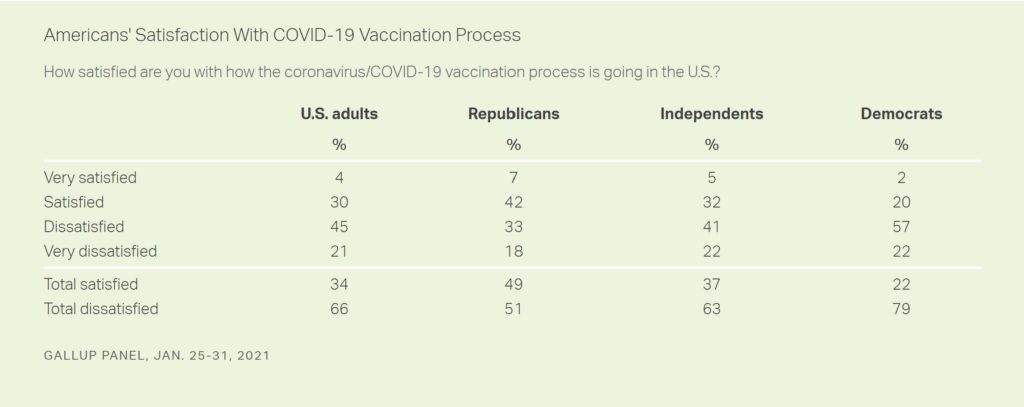
Vaccine mayhem: A new Gallup poll shows that two-thirds of Americans are dissatisfied with the rollout of COVID-19 vaccination programs to date. However, the overall willingness to take the vaccine has increased to 71 percent of those surveyed.
Black churches serve: Black churches and clergy continue to lead vaccination efforts in Black communities, including partnering with local clinics to educate people about the vaccine. Black church leaders are also joining with government officials to promote trust and alleviate fears about vaccination. Despite much higher death rates, one-third of Black adults say they plan to avoid getting the COVID-19 vaccine.
Hospital bills add to the misery: Growing medical debt as a result of COVID-19 threatens families’ ability to recover economically, particularly for Black people, who are three times more likely to contract the virus and four times more likely to be hospitalized than white people.
Back to school: The Centers for Disease Control released guidelines for the safe reopening of schools. Social distancing and masks are priorities. The CDC also called for prioritizing teachers for vaccination, but stopped short of making it a condition of schools reopening.
Shameful: Fully 40 percent of the 470,000 and counting COVID-19 deaths in the U.S. were preventable, the Lancet Commission finds. It blames the Trump Administration policy choices for the unnecessary death toll.
Hill Diversity
A more inclusive Capitol: Increasing diversity and inclusion are among the recommendations in a Brookings report on improving Congress’s workplace environment. The report cites research by the Joint Center showing that people of color compose only 13.7 percent of top staff in the House and 11 percent in the Senate. Just 3.1 percent of top staff in the Senate are African American.
Report card on top staff diversity of newly-elected Members: As of February 16, the Joint Center’s report card tracking top staff hires by each new Member in the 117th Congress illustrates that 197 of 213 (or 92.5 percent) of the possible positions have already been filled. Of Members who have hired all three top spots, so far Alex Padilla (D-CA) leads in the Senate and Marilyn Strickland (D-WA) leads in the House. Those at the bottom of the lists are Senator Mark Kelly (D-AZ) and Rep. Troy Nehls (R-TX). Of the top staff hired by new Members so far, 24.2 percent are people of color, and 5.6 percent are African American. People of color account for 40 percent of the U.S. population and African Americans account for 13.4 percent of the U.S.
Movement Building
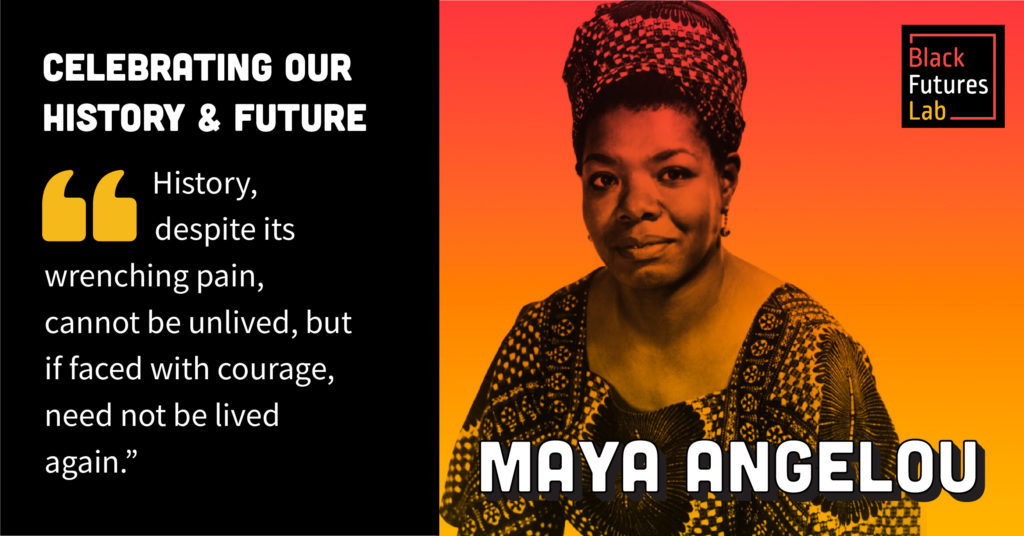
Black Futures Lab celebrates Black icons of the past who paved the way for the future.
Black Lives Matter is nominated for the 2021 Nobel Peace Prize “as the strongest global force against racial injustice.”
Stacey Abrams is also nominated for the 2021 Nobel Peace Prize noting for her work that “follows in Dr. Martin Luther King Jr.’s footsteps in the fight for equality before the law and for civil rights.”
Color of Change demands Congress to include monthly stimulus checks in the next COVID-19 relief package.
Family Action Network Movement calls on the Biden administration to end the detention of and deportation of Black immigrants.
National Domestic Workers Alliance releases their Care is Essential agenda that outlines how the Biden-Harris economic plan must invest in a caregiving infrastructure that provides sustainable jobs for Black, Latina, and Asian women who predominantly hold caregiver roles.
The Leadership Conference on Civil and Human Rights wrote a letter to the House Judiciary Committee urging support for the Fair Act and restoration of the ability to enforce individual rights for consumers and working people.
Events
Upcoming events include “Understanding the Impact of the COVID-19 Vaccine on the Black Community” (Congressional Black Caucus Foundation, February 18); “Mental Health Realities for Black America” (Congressional Black Caucus Foundation, February 18); “HBCU Presidents’ Roundtable” moderated by Joint Center Technology Policy Director Dr. Dominique Harrison (Federal Communications Commission, February 18); “A Seat at the Table: How Tech Policy Groups Can Welcome Diverse Talent” with Dominique as a panelist (Public Knowledge, February 19); “Empowered: The CBC’s Priorities featuring Chair Joyce Beatty” (Third Way, February 19); “A conversation on the past, present, and future of Black political power in the South” (Brookings Institute, February 22); “Money, Gender & Diversity in Higher Ed” (Eos Foundation, AAUW, and IWPR, February 24); “Working While Black: The Past, Present and Future of Black Labor” (National Black Worker Center, Common Future, and Tech Can Do Better, February 24); “Achieving Economic and Racial Justice for Black Workers” (Economic Policy Institute, February 24); “Setting America’s Education Agenda: Furthering the Legacies of Historical Black Educators” (Rainbow PUSH Coalition and PUSH Excel, February 25); “Supporting Latino and Immigrant Entrepreneurs in a Time of Crisis”(Urban Institute, February 25); “Addressing education inequality with next generation community schools” (Brookings Institute, February 25).
Last week, events were held by the Aspen Institute, Brookings Institution, Economic Policy Institute, National Action Network, National Urban League, New America, and the Southern Economic Advancement Project.
Podcasts
How Black Communities Shaped the Internet (The Verge)
The digital gap in remote learning (Axios)
Acting as Activism (Color of Change)
The Joint Center thanks the Annie E. Casey Foundation, the Boulé Foundation, the Democracy Fund, Toyota Motor North America, Inc., UPS, and the Walmart Foundation for additional support that has allowed us to do some of our COVID-19 and Black Communities work.
To receive the Joint Center’s emails, sign-up here.

